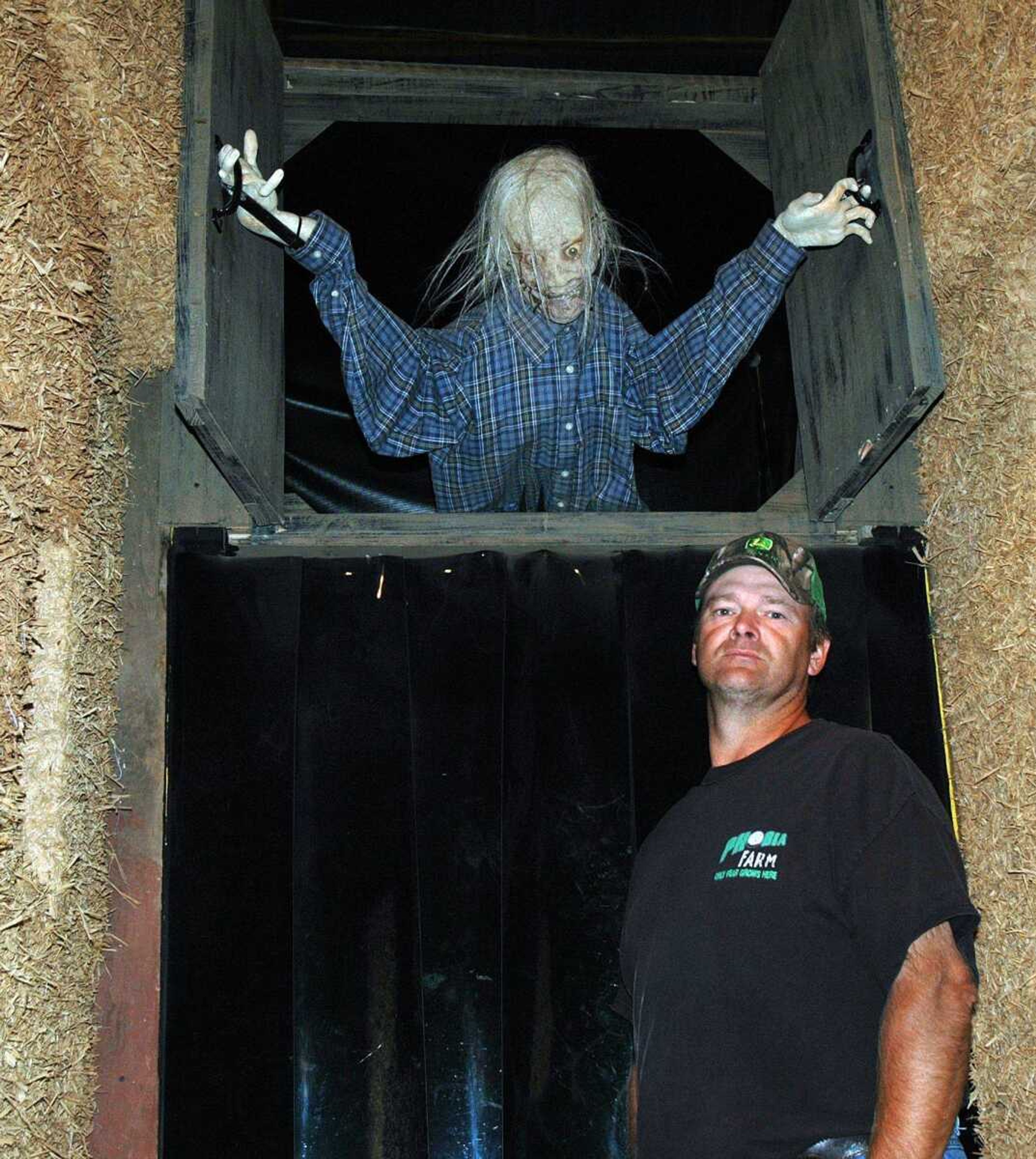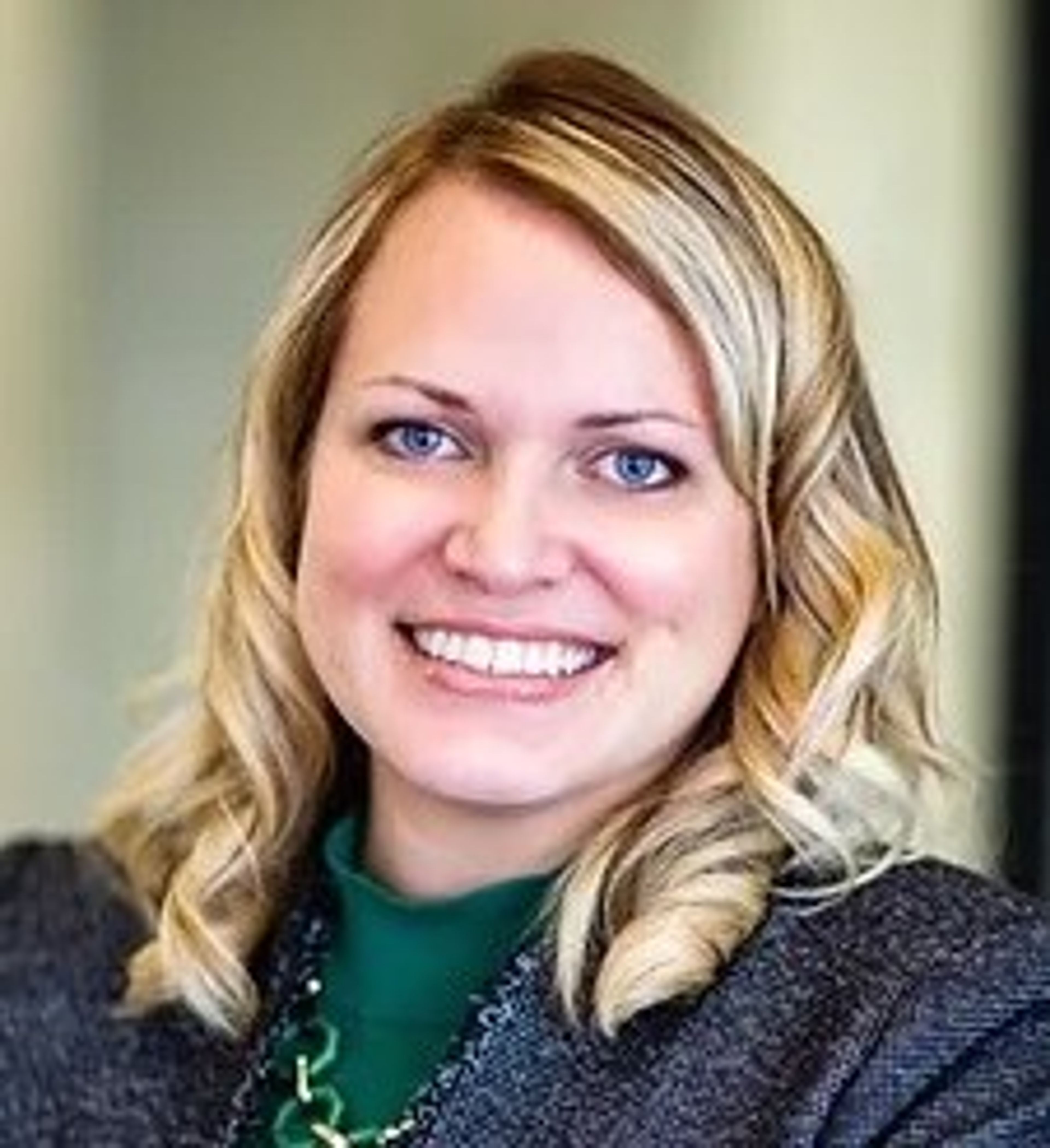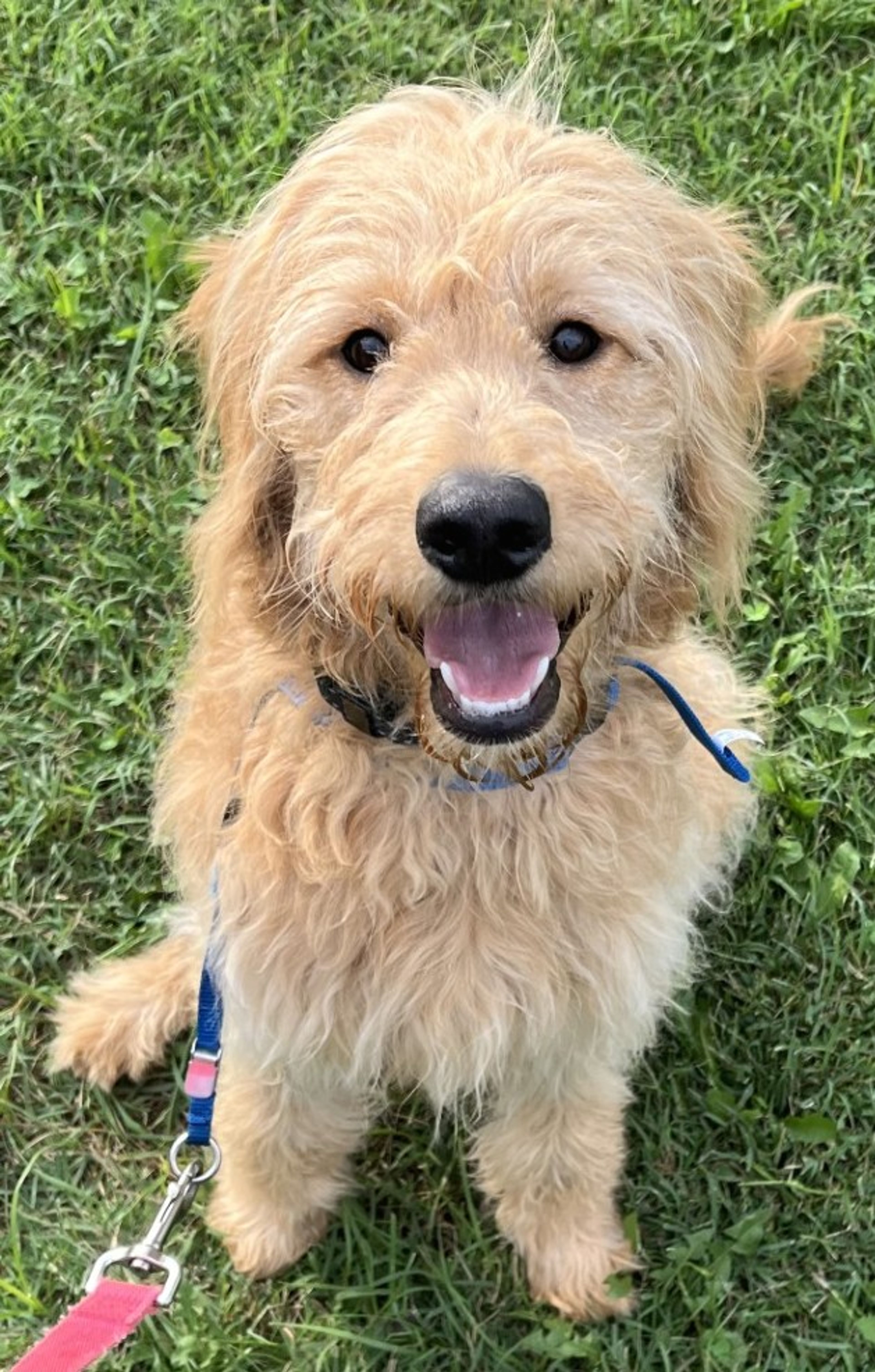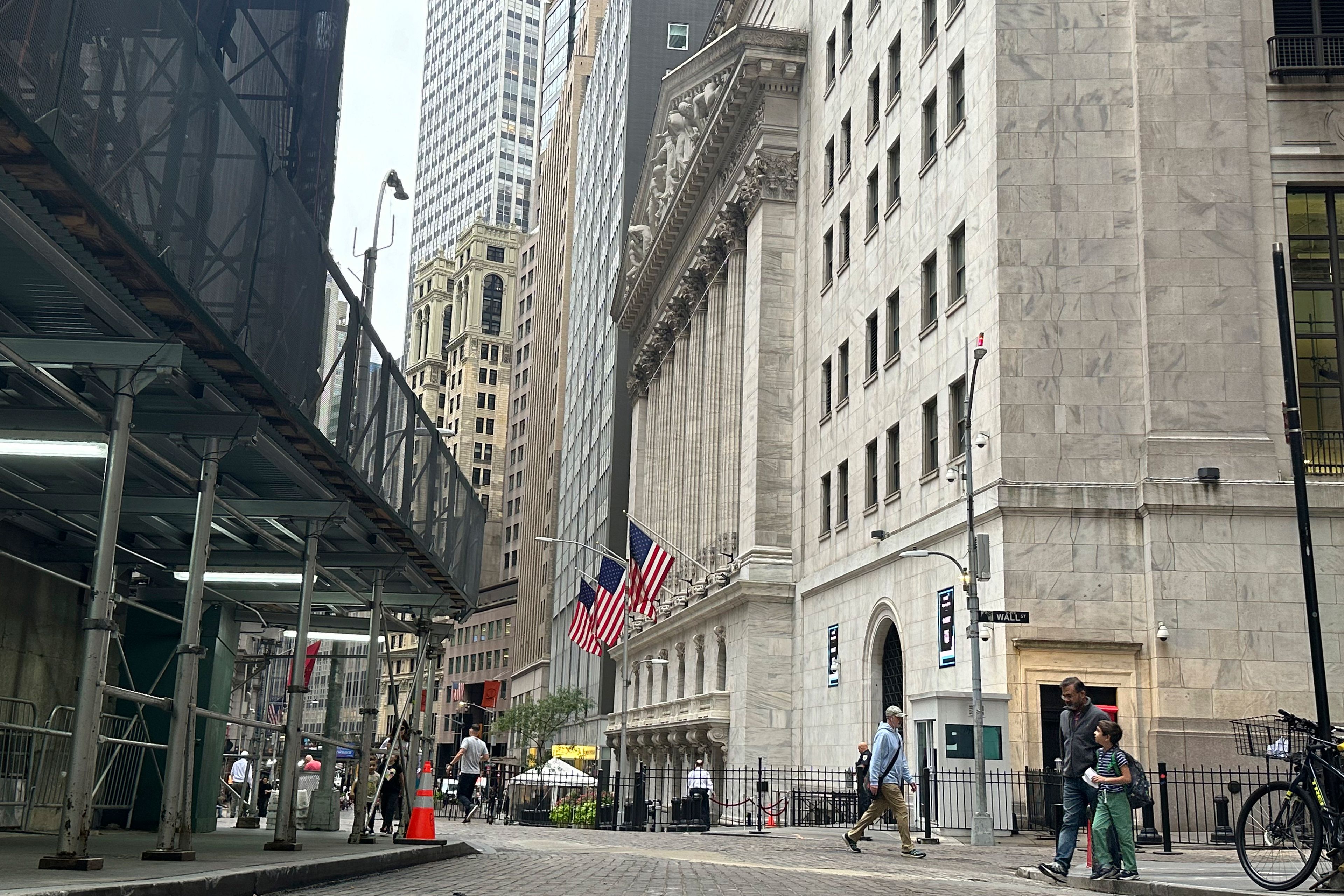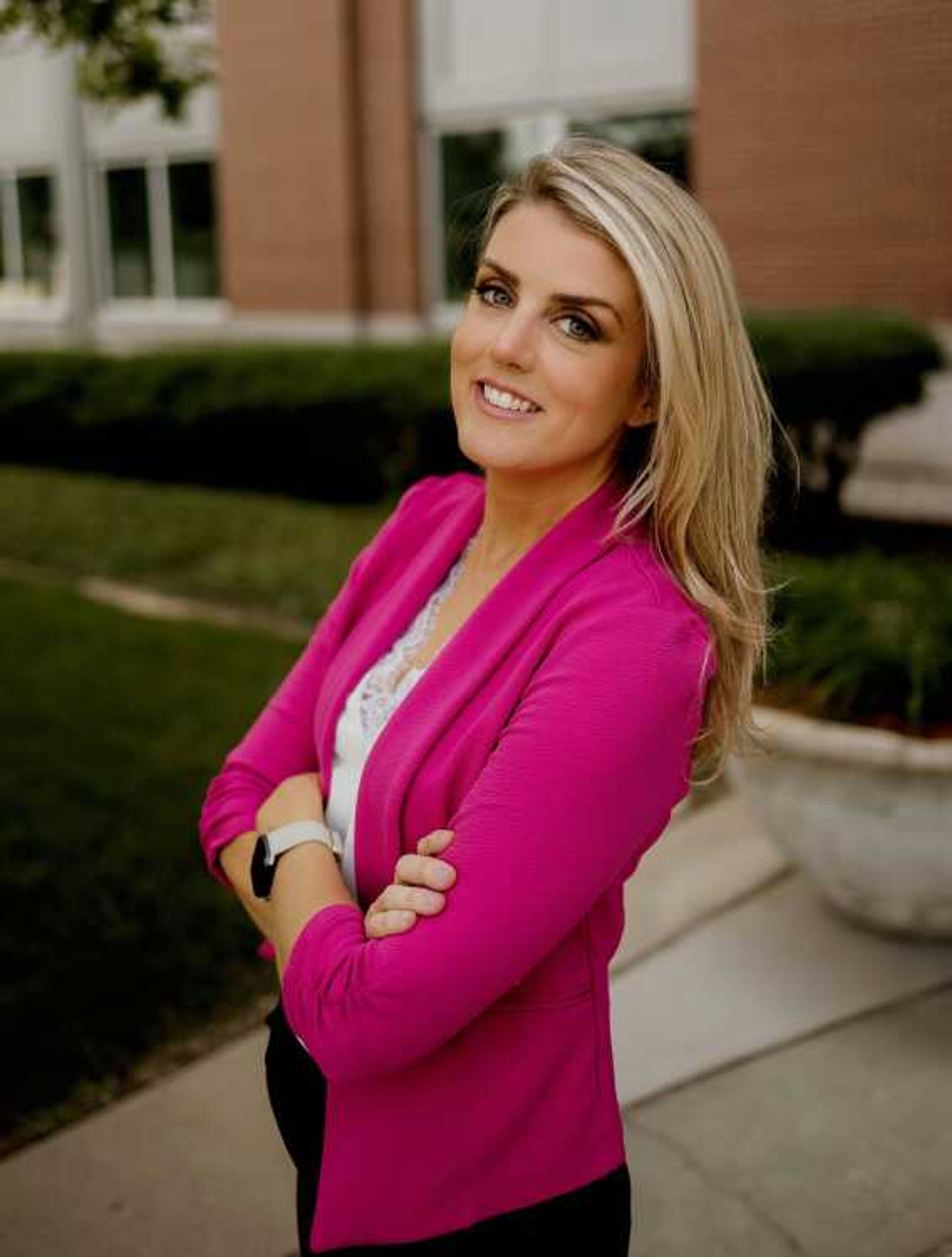While Phobia Farm is only open for business one month out of the year, Donnie Beggs works year-round to make sure those who pass through his 12,000 square feet of frightful scenes come out screaming. After hosting family-friendly fall harvest festivals at Beggs Family Farm in Blodgett, Mo., for many years, the Beggs family is now trying to reach an older audience with the fight-filled Phobia Farm.
Question: Where did the inspiration for Phobia Farm come from?
Answer: I always had people asking us if we were going to do a haunt since we opened Beggs Family Farm 11 years ago. We opened it three years ago, and we looked into it for about three years before we did it. We traveled around looking at other people's haunts and this and that. We knew we had a big building we could use, and to make it the kind of attraction we wanted to, we needed to go indoors. The thing about a haunted house is that you can control the whole environment. When you walk into a scene, we can control everything in that scene you see, hear, even smell. We can make you think you are where we want you to be.
Q: Describe what makes it different from other haunted houses.
A: We used an outside haunt consulting team to help us design certain effects to make it flow and have some consistency. It's all farm-themed. That's how we came up with the back story of William Phobe, who settled a farm in rural southeastern Missouri during the Great Depression. What he thought was the American dream soon became a nightmare. Some haunts are just random scary stuff. There's no consistency. In as many of the farm scenes we incorporated different phobias.
Q: What's the secret to making Phobia Farm really scary?
A: We have a lot of animatronics and special effects. but it comes down to your actors. We have really worked with our actors this year. We don't want this to be a boo barn. If a little kid goes through Phobia Farm, I want him to be crying when he comes out. It's designed to be an adult attraction. We have about 30 actors, and the people we really are looking for are the ones who would do this even if we didn't pay them. Because they are truly in it to scare. The ones you can't scare, you want them to be entertained. I want a response. I want them to be crying, scared or laughing.
Q: What do you enjoy most about the Halloween season?
A: I enjoy the people that come out and seeing them having a good time. It is hard work. We spend more time on this now than we do farming. It takes a lot of time and prep. We double our employees this time of year to 60 part-time employees. Then Nov. 1 rolls around and my wife will say we're having people withdraw. It seems pretty lonely around here.
Q: What are some of the challenges of having a business like Phobia Farm with such a short season?
A: It's about advertising, letting people know we're back open. Word-of-mouth is best advertisement. It used to be that radio was king, but now teenagers are listening to their iPods, so we're always trying to find different medias to let people know about us. It's also a challenge to find people who are willing to come work every Saturday for a month.
Q: Tell me about the other fall activities you offer at Beggs Family Farm.
A: We're really reaching two different groups of clientele. The farm is for families. We have a 10-acre corn maze, pumpkin patch, farm animals, jumping pillow, glow-in-the-dark putt golf and a Hillybilly pig race show. We started in 2000; it's grown every year. We had more people last Saturday than we had the whole first year. We have about 8,500 kids come through every year on school trips.
Q: Tell me about the commercial farming you do.
A: We are one of the larger watermelon growers in the state and the largest grower of seeded watermelons. We raise 190 acres of watermelons each year along with corn and beans. I'm a sixth-generation farmer and a fourth-generation watermelon farmer. My great-grandfather started raising watermelons in 1895 and have raised them every year since them. This year was our 116th year. We are a wholesaler, but we do sell directly to Schnucks in Cape so local people can find our watermelons there.
mmiller@semissourian.com
388-3646
Connect with the Southeast Missourian Newsroom:
For corrections to this story or other insights for the editor, click here. To submit a letter to the editor, click here. To learn about the Southeast Missourian’s AI Policy, click here.
